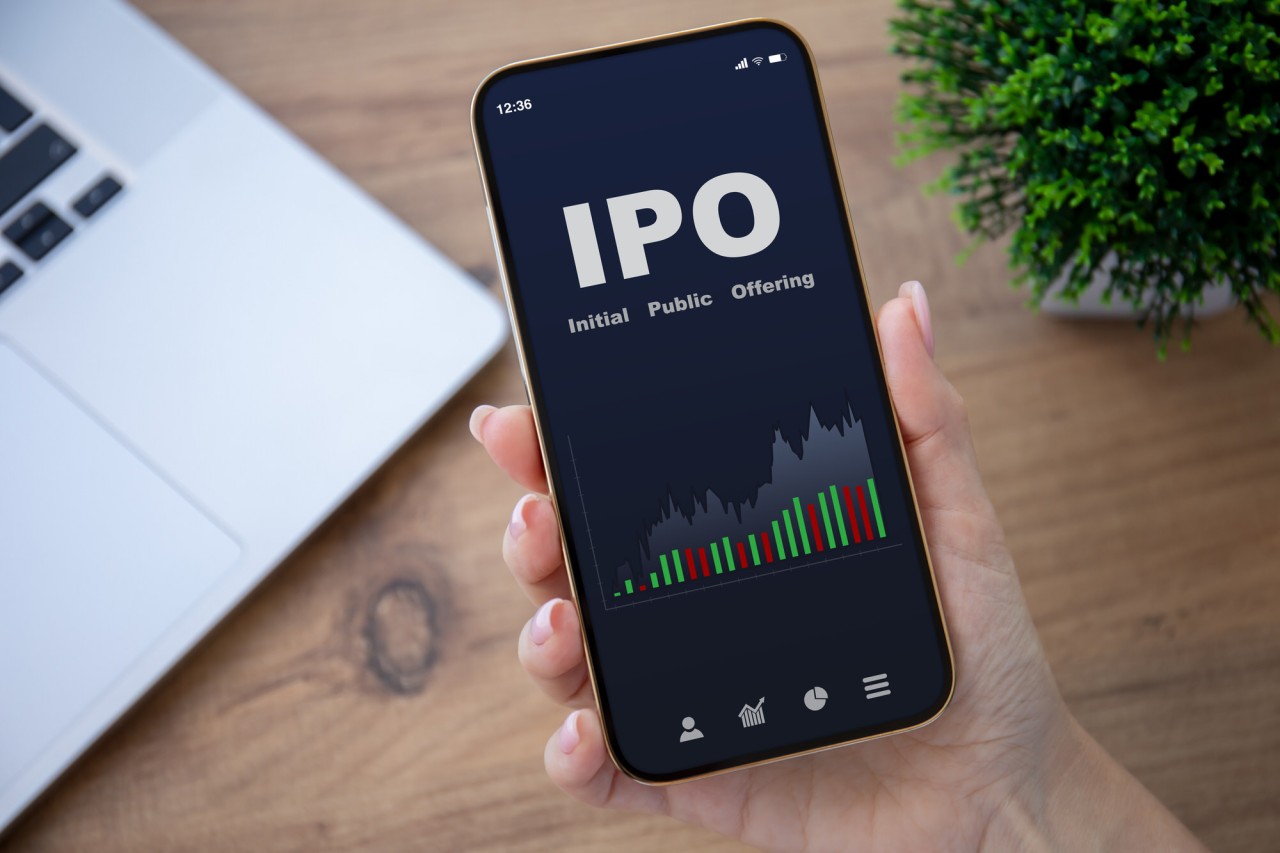IPO or Initial Public Offering is the process of a private company offering shares to the public as a new stock issue. The IPO allows the company to raise capital by selling shares of its’ company. Companies must meet SEC requirements and it often takes months to navigate through all the requirements. It indicates that a company has grown and matured enough to meet the demands and benefits of the responsibility it must carry to public shareholders. Overall, the number of shares the company sells and the price for which shares sell are the generating factors for the company’s new shareholders' equity value. Shareholders' equity still represents shares owned by investors when it is both private and public, but with an IPO the shareholders' equity increases significantly with cash from the primary issuance.
The term initial public offering (IPO) has been a buzzword on Wall Street and among investors for decades. The Dutch are credited with conducting the first modern IPO by offering shares of the Dutch East India Company to the general public. During the dot-com boom startups without revenues rushed to markets and the public lapped them up. Some made money and others lost big. In 2008 during the financial crisis the markets saw the least number of IPOs ever and thereafter new listings became quite rare. More recently IPO focus has shifted to “unicorns”, startups similar to dot-com era but that have valuations of more than $1 billion. As of May 2022, there are over 1,000 unicorns around the world. Former Unicorns you may recognize are Airbnb, Google and Facebook. Only three of every five million companies have a chance of becoming a Unicorn.
Another offering like an IPO is the SPAC. SPAC's are just a company created by people or companies with great reputations. Capital is raised and a private company is brought to the public market through an acquisition. And if the SPAC works correctly, then everyone wins. There are a number of advantages for a company to enter markets as an SPAC versus a straight IPO: they skip the long process and large fees of traditional IPO presentation, they get a sponsor who serves as a mentor of sorts, and companies are typically acquired at premiums so that adds value to the private company.
Typically, the average investor can’t access an IPO or SPAC right at the ground floor but typically have access soon thereafter. While these can be tempting to enter, they come with a host of risk factors that must be evaluated to determine if they in fact fit into your overall investment plan and allocation. If you are interested in an IPO or have questions, feel free to contact us for more information.
